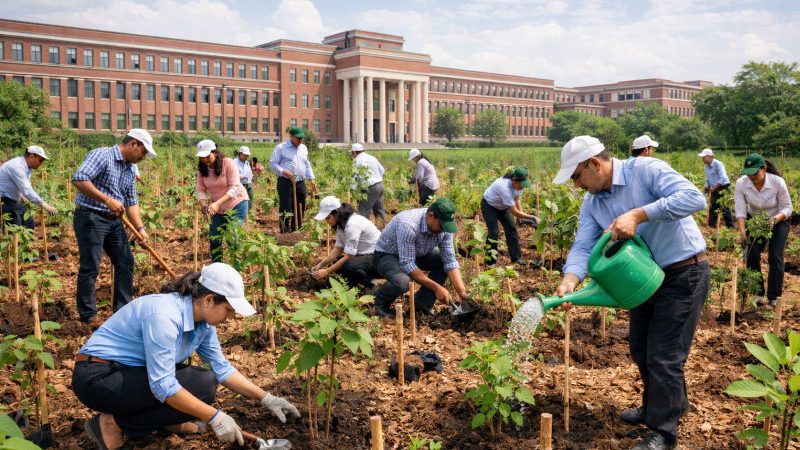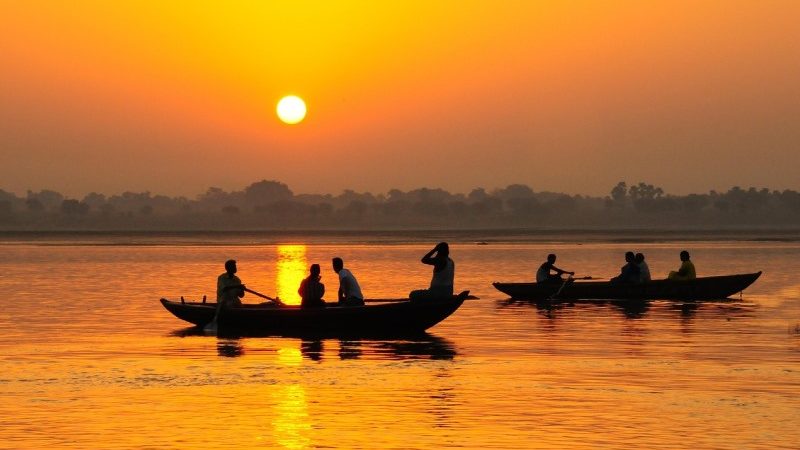Traditional Knowledge and Pre-Disaster Recovery Planning
Thank you for taking out time to respond to the last blog and putting your mind to the real issue behind it. These encouraging comments provide the strength to keep on going and creating new possibilities in the area of environment and climate change adaptation.
This week is special in Hindu calendar 15th of March was a special day. It marked the beginning of the summer Navaratra among the North Indians. The next nine days we will fast and eat no meat and follow rituals that allow us to reduce the intake of food and increase intake of water in our systems. Changing diets forcing ourselves to eat less etc. takes a lot of courage and self control. Support from family and relatives alone is not enough hence linking it with religious sanctions helps in self control.
Have we ever considered that this ritual is a built in traditional norm that allows us to be prepared for ‘pre-disaster recovery planning?’ Before the modern canal irrigation that allowed for green revolution in the northern states was set into place, our part of the country was almost a desert. And excepting the immediate river flood plains, droughts would be common.
Training ourselves to eat limited foods and controlling diets would help in situations of droughts. There are other patterns of agriculture, for example growing melons and pumpkins, during this season. Carving these fruits out, and not cutting them into half, and eating the insides scooping is a traditional way of eating these melons and gourds. Besides allowing us more liquid supplements, the more mature fruits allow us to make containers to carry water over long distance. Then there are plants the leaves of which allow us to generate more saliva so our drinking waterneeds get reduced.
These are just a few practices that I am aware of. Do contribute by sharing what you are aware of. What kind of practice during summer/ likely drought that are used to reduce the heat impact and conserve water. We will then forward these to a climate change recovery platform that is in the process of compiling case studies/ stories to share with country governments globally.



